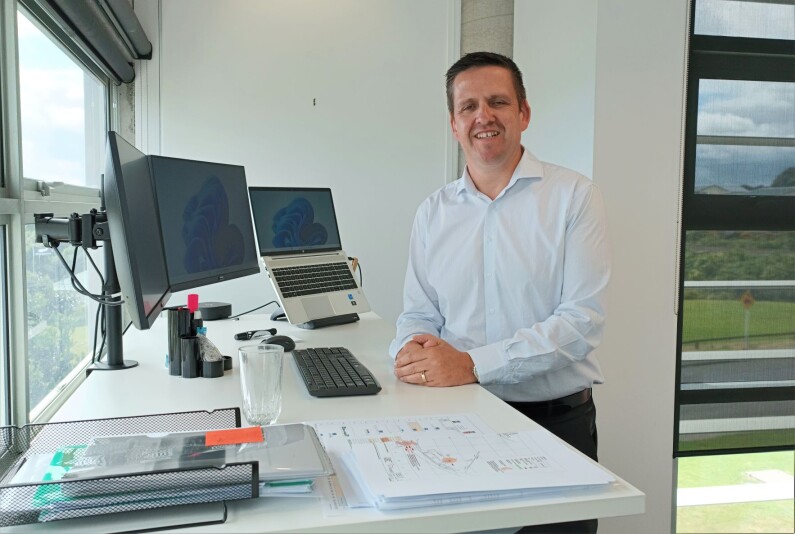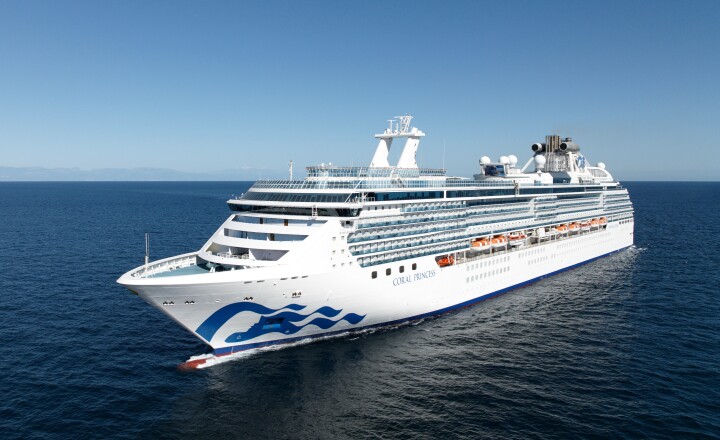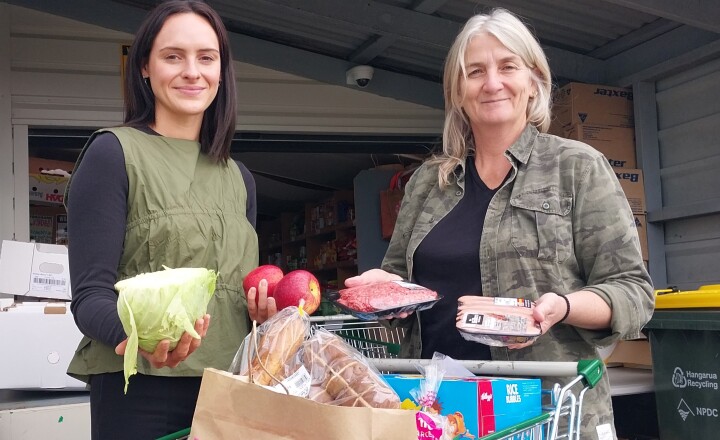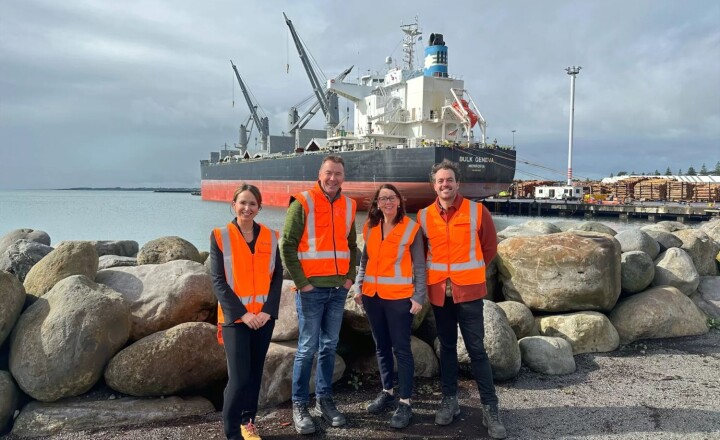
A self-confessed globetrotter, Alex Park is happy to be settling down in Taranaki and letting his kids grow up as Kiwis.
Port Taranaki’s new general manager operations was born in the north-east of Scotland, left school at 15, and immediately shipped out with a Norwegian company.
“I’ve sort of been globetrotting since, having worked in the North Sea, Gulf of Mexico, West Africa, Saudi Arabia, Australia and New Zealand,” he says.
“I arrived in New Zealand in 2005 with just a suitcase and was lucky enough to meet my wife from South Taranaki while here.
“Marlys travelled with me for 10 years, and we have two children – Sienna (13) and Madison (10) – but it came to the point where the children didn’t know where home was. So in 2016 we returned to New Zealand and planted some roots.”
Alex was most recently general manager of Stork New Zealand in New Plymouth and took up his new role at Port Taranaki in late February.
During his well-travelled, 20-plus-year career, Alex has worked in the maritime, energy, recruitment, and security industries. His previous roles have included as tank and terminal programme lead for Dialog Fitzroy Engineering, and general manager of Skilled Group/Offshore Marine Services in New Zealand and internationally.
“Offshore Marine Services was a large customer of Port Taranaki and I’ve been an admirer of the port ever since,” he says.
“The culture at the port, the environmental programmes and social initiatives show they’re very integrated in the community, and they play a vital economic and supply chain role for the region and New Zealand.”
He’s now looking forward to rekindling his maritime career.
“I’ve been at sea, I’ve been onshore with vessel operators and offshore projects, but I’ve never genuinely been in what you’d call a traditional port, so it’s great to close that loop.
“I’m really looking forward to helping develop and lead the strategic direction of the port and getting on-site and working with the team to achieve operational success,” he says.
“First and foremost, though, what’s most important is that everyone is kept safe, cargo flows in and out as easily as possible, and the environment, community and region are respected.”


